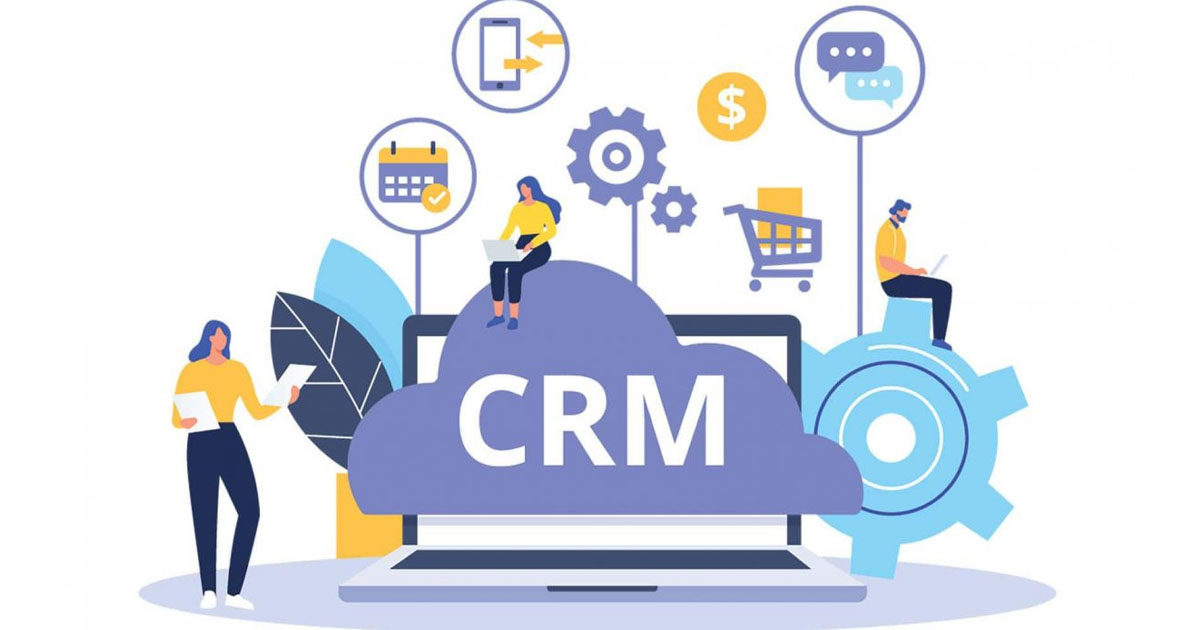Learn how a CMS can save you time, money, and resources when developing and managing your website. From easy content updates to streamlined workflows, find out why more businesses are adopting CMS solutions for their web projects. Read our article now. In today's fast-paced digital world, a website is the face of a business. Therefore, it's crucial to have a website that's easy to manage, update, and secure. That's where Content Management Systems (CMS) come in. A CMS is a software application that helps you create, manage, and publish digital content. In this article, we'll explore the benefits of using a CMS for website development and management.
Saves Time and Effort
- Easy content creation
- Quick updates and edits
- Streamlined workflows
- Automated backups and recovery
A CMS helps you create and manage digital content with ease. With drag-and-drop interfaces, easy-to-use editors, and intuitive dashboards, content creation becomes a breeze. Additionally, CMS platforms offer quick updates and edits, allowing you to make changes in real-time without relying on a developer. CMS workflows also streamline content creation and management processes, reducing the time and effort needed to manage a website. Automated backups and recovery options ensure that your content is safe and secure, even in the event of a cyber-attack or system failure.
Enhances Website Functionality
- Versatile templates and themes
- Customizable features and modules
- Plugin integration
- Improved website speed and performance
A CMS comes with a range of versatile templates and themes that help you create a unique and visually appealing website. Additionally, CMS platforms offer customizable features and modules that enable you to tailor your website to your specific needs. Plugin integration options allow you to extend the functionality of your website, adding features such as social media integration, e-commerce capabilities, and more. CMS platforms also offer improved website speed and performance, optimizing your website for better user experience.
Cost-Effective
- Reduced development costs
- No licensing fees
- Lower maintenance costs
- Scalable solutions
Using a CMS for website development is a cost-effective option. CMS platforms offer reduced development costs, as you don't need to build a website from scratch. Additionally, most CMS platforms are open-source, meaning there are no licensing fees to pay. Maintenance costs are also lower, as CMS platforms come with regular updates and security patches. CMS solutions are also scalable, allowing you to add new features and functionality as your business grows.
SEO-Friendly
- Built-in SEO features
- Customizable SEO settings
- Improved website visibility
- Higher search engine rankings
CMS platforms are SEO-friendly, meaning they come with built-in SEO features such as meta tags, keyword optimization, and search engine-friendly URLs. Additionally, CMS platforms offer customizable SEO settings, allowing you to optimize your website for better search engine rankings. Improved website visibility and higher search engine rankings lead to increased website traffic and better online visibility.
In conclusion, a CMS is an essential tool for website development and management. It saves time and effort, enhances website functionality, is cost-effective, and SEO-friendly. By choosing the right CMS platform, you can create a website that's easy to manage, update, and secure, helping your business succeed in today's digital landscape.

